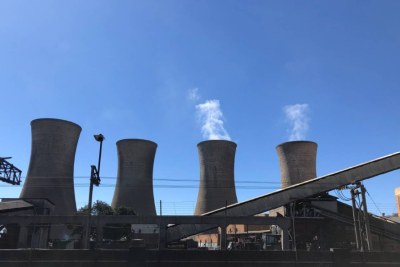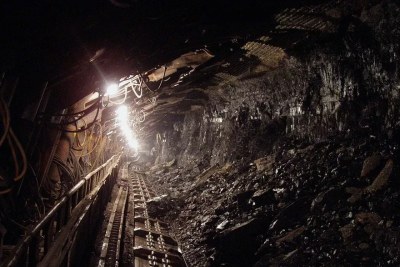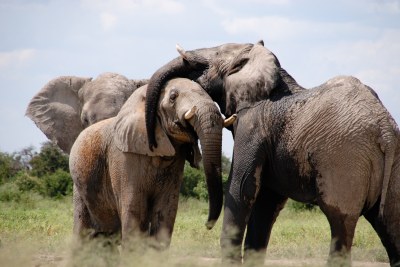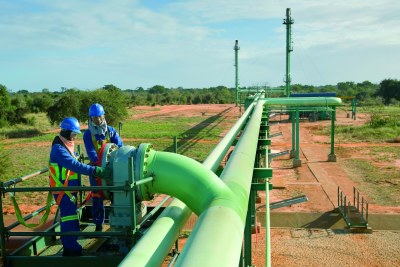-
Zimbabwe: Govt Moves to End Smuggling of Ozone Depleting Substances
263Chat, 16 September 2021
The government has tightened security over smuggling of Ozone Depleting Substances (ODS) in a bid to tackle both ozone layer depletion and climate change. Read more »
-
Africa: Act Now to Slow Climate Change and Protect the Planet, Urges UN Chief
UN News, 16 September 2021
The ozone layer - a fragile shield of gas that protects the Earth from the harmful rays of the sun - is "on the road to recovery", the UN chief said on Thursday in his message for… Read more »
-
Zimbabwe: Local Scientists Shine, Discover 'Ozone Hole' Over South Africa
The Herald, 19 February 2019
A team of Zimbabwean researchers has discovered an "ozone hole" over South Africa that is centred over the Free State Province during spring, which impacts on temperature and… Read more »
Zimbabwe Tackling Climate Change Yet Digs In Heels On Coal
The government has tightened security over smuggling of Ozone Depleting Substances (ODS) in a bid to tackle both ozone layer depletion and climate change. ODS include chlorofluorocarbons (CFCs), hydrochlorofluorocarbons (HCFCs), halons, methyl bromide, carbon tetrachloride, hydrobromofluorocarbons, chlorobromomethane, and methyl chloroform. It traps outgoing radiation thereby contributing significantly to global warming and climate change.
However, in contrast to the growing number of countries seeking to wean themselves off coal, Zimbabwe is opening new coal mines that authorities say will allow the country to meet its energy needs and, eventually, become an exporter of the polluting fuel.
The government is looking to turn the northwest district of Hwange into a coal hub, with private investors - mostly based in China - investing up to U.S.$1 billion to build coking mines and thermal coal power plants. But environmentalists say the move - part of a bigger plan to grow mining into a U.S.$12-billion industry by 2023 - will increase Zimbabwe's climate-warming carbon emissions and harm the wildlife in its largest natural reserve, Lungelo Ndhlovu writes for Thomson Reuters Foundation.
InFocus
-
In contrast to the growing number of countries seeking to wean themselves off coal, Zimbabwe is opening new coal mines that authorities say will allow the country to meet its ... Read more »
-
The Industrial and Commercial Bank of China, with a global portfolio that includes fossil fuel extraction, has agreed to stop financing the controversial Sengwa coal project in ... Read more »
-
Efforts by the government to break a stand-off between Dinde villagers in Hwange and a Chinese investor hit a brick wall with the villagers insisting the coal mining project should ... Read more »
-
Zimbabwe's government has banned all mining in national parks, one day after environmental rights lawyers went to court to ban a Chinese firm from exploring for coal in the ... Read more »
-
Harnessing natural gas would improve the energy situation in the region, and contribute to the regional energy mix, which is dominated by coal, governments have been told. Southern ... Read more »






